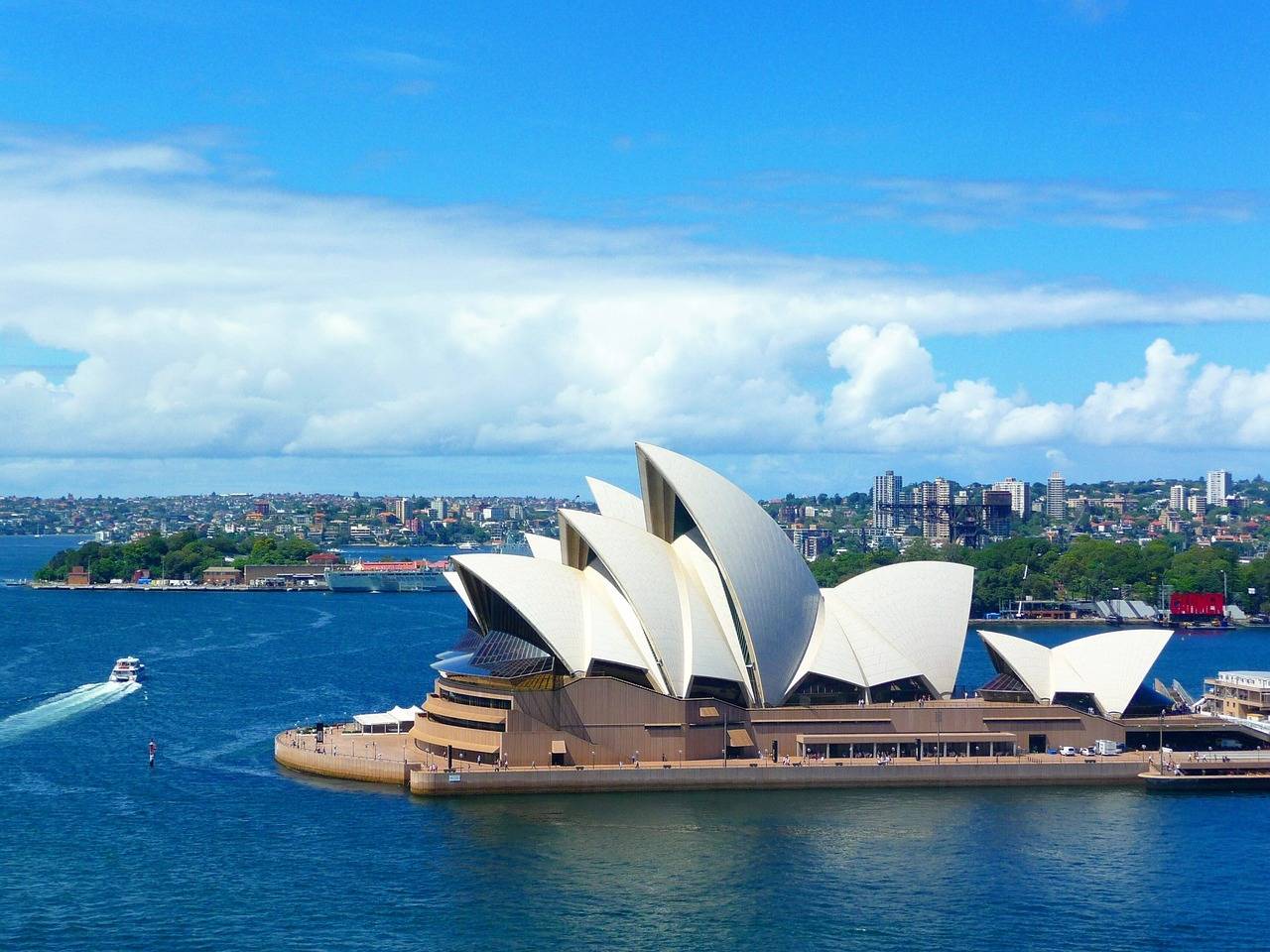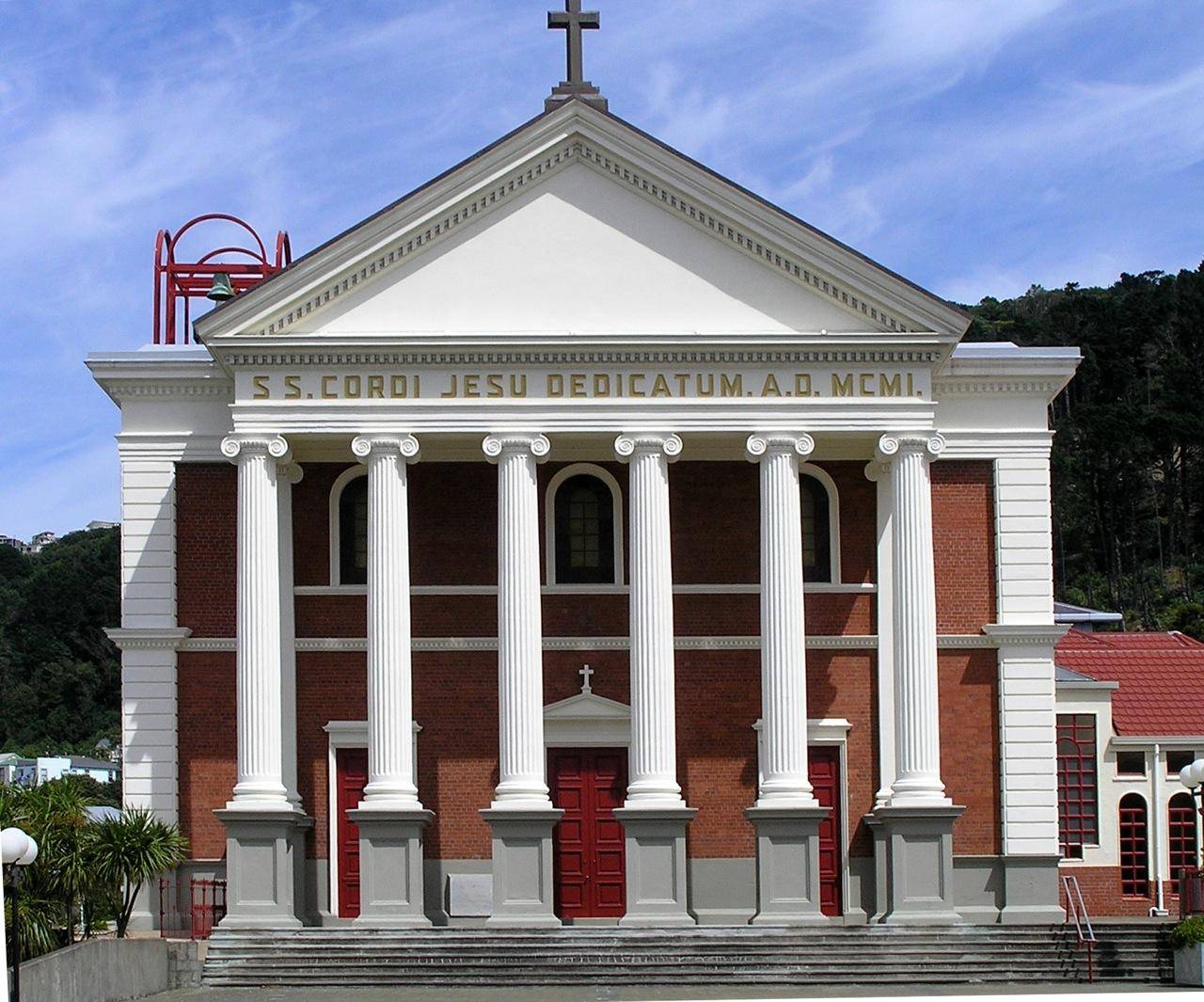– The bishops of Papua New Guinea have issued a renewed plea on behalf of the nearly 500 refugees and asylum seekers being held in indefinite detention in deteriorating conditions.
“These people have been away from their families for the sixth Christmas… it was just another night of detention on Manus Island,” said Father Ambrose Pereira, communication secretary for the Catholic Bishops Conference of Papua New Guinea and the Solomon Islands.
Facing conditions of trauma, overcrowding, and lack of food, he said, “most of them survive thanks to medicines, mostly anti-depressants, anti-anxiety, antipsychotics,” and many face serious side effects from taking the medications long-term without a prescription.
In a statement to theVatican-affiliated Fides news agency on Thursday, Pereira called the refugees’ situation “abuse and neglect,” and said it causes the Papua New Guinea bishops “great suffering.”
“This is not the way to treat human beings,” he said.
Australia has had a system of “third country processing” since 2012 for asylum seekers who come to Australia by boat without a valid visa. The system transfers the asylum seekers to other countries, where they are processed based on that country’s laws.
Many of those seeking asylum in Australia come from Afghanistan, Sri Lanka, Iraq, and Iran, traveling by boat from Indonesia. They are typically intercepted by the Australian navy before reaching land, and are then sent to detention camps in Papua New Guinea and Nauru, a small Micronesian nation.
The government of Australia made an agreement with the government of Papua New Guinea in 2013, providing that migrants sent to Papua New Guinea from Australia would be settled there if they are found to be refugees. Otherwise they would be sent back to their country of origin or another country where they have legal residence.
Ahead of the Nov. 17-18 Asia-Pacific Economic Cooperation summit in Port Moresby, the Papua New Guinea government sent dozens of men who had been receiving specialized medical attention back to Manus Island, citing security needs. These men joined hundreds of other refugees and asylum seekers being held on the island.
In November, a report from Amnesty International and the Refugee Council of Australia documented serious declines in mental and physical health among the refugees in detention on Manus Island.
Three men had committed suicide, and many others had attempted suicide, the report said.
It decried the “brutal and illegal policy of offshore detention.” It pointed to a decrease in mental health resources and professionals available to the refugees and asylum seekers, as well as incidents of assault and robbery against them.
“The obvious answer to almost all health problems is to give them freedom and to reduce the damage caused by stress, trauma, overcrowding and malnutrition during their detention, as highlighted by numerous reports,” said Pereira in his statement.
“Refugees are waiting for the day they are released, and we hope that 2019 will bring good news for them.”

















